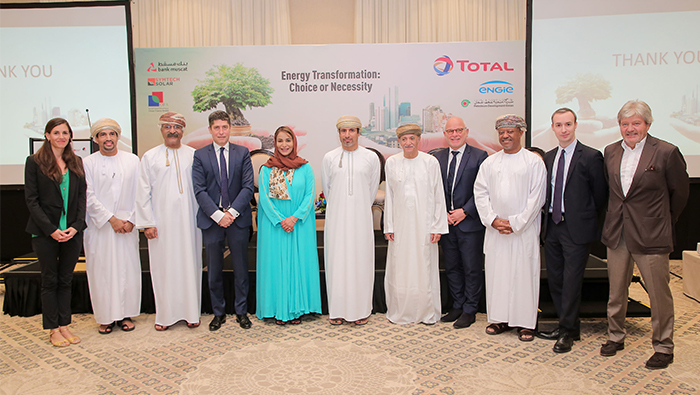
Muscat: Although China continues to allocate plenty of resources to tackling the spread of the Novel Coronavirus, Oman’s Undersecretary of the Ministry of Oil and Gas (MOG) says that the demand for Omani crude oil will continue to be high.
Speaking to the media, Salim bin Nasser Al Aufi also said that the Sultanate was making more and more efforts to use renewable sources of energy to power oil wells that enabled the extraction of the resource from underground.
“The only thing at the moment is that the oil prices are of course impacted by the fact that the demand is going down a little bit,” he explained. “If China is impacted, then this will, of course, have an impact on products, and we see that if there is an impact on products, then this will be an impact on the price of oil a little bit.”
“The prices of oil in 2019 underwent huge changes, so I do not know of the expectations of the oil prices in 2020,” added Al Aufi. “The price is impacted in terms of supply and demand, or because of the geopolitics of a particular region. The average price of oil was higher than the amount predicted by the government in its budget, and it is, therefore, hard to predict the prices.”
Al Aufi added that he did not expect any major challenge to the production of oil in 2020, with one of the prime uncertainties being the oil prices in the future. However, he said Oman would continue to produce oil at current rates. His comments came at a meeting held by the Omani French Friendship Association to continue the discussion started last year on the energy transition. The meeting titled ‘Energy Transformation: a choice or a necessity’ focused this year in particular on the financial perspective associated with this transition.
“There are no oil and gas wells in the country currently using renewable energy to extract fuels, but there is an attempt to use renewable energy in the oil and gas sector by Petroleum Development Oman (PDO) and Total,” explained Al Aufi, when it came to using clean energy to power oil and gas extractors. “In addition, the car parking area of PDO is depending on solar energy and the parking areas around ministry offices also depend on solar energy.”
The panellists included Salim bin Nasser Al Aufi, Undersecretary of the MOG, Marie Cécile Grzanka, head of sectorial coverage, Energy Natural Resources and Energy Financing of Société Générale, Nigel Govett, Chief Financial Officer of Rakiza Fund and a member of the Senior Investment Committee of SGRF and Mohammed Al Riyami, senior manager of the Oman Society for Petroleum Services (OPAL) who moderated the panel discussion.
Despite there being a slight decrease in crude oil imports by China from Oman, the former continues to be the Sultanate’s biggest importer of oil. The Chinese imported 219.71 million barrels of oil from Oman during the first 11 months of 2019, according to data from the National Centre for Statistics and Information (NCSI), as compared to 222.92 million barrels of oil the previous year.
“There was a 1.4 per cent decrease in the total amount of crude oil exported to China by the end of November 2019 compared to the same period in 2018,” said the NCSI. “There was also a 3.6 per cent increase in the average oil price in November 2019, as compared to October 2019."